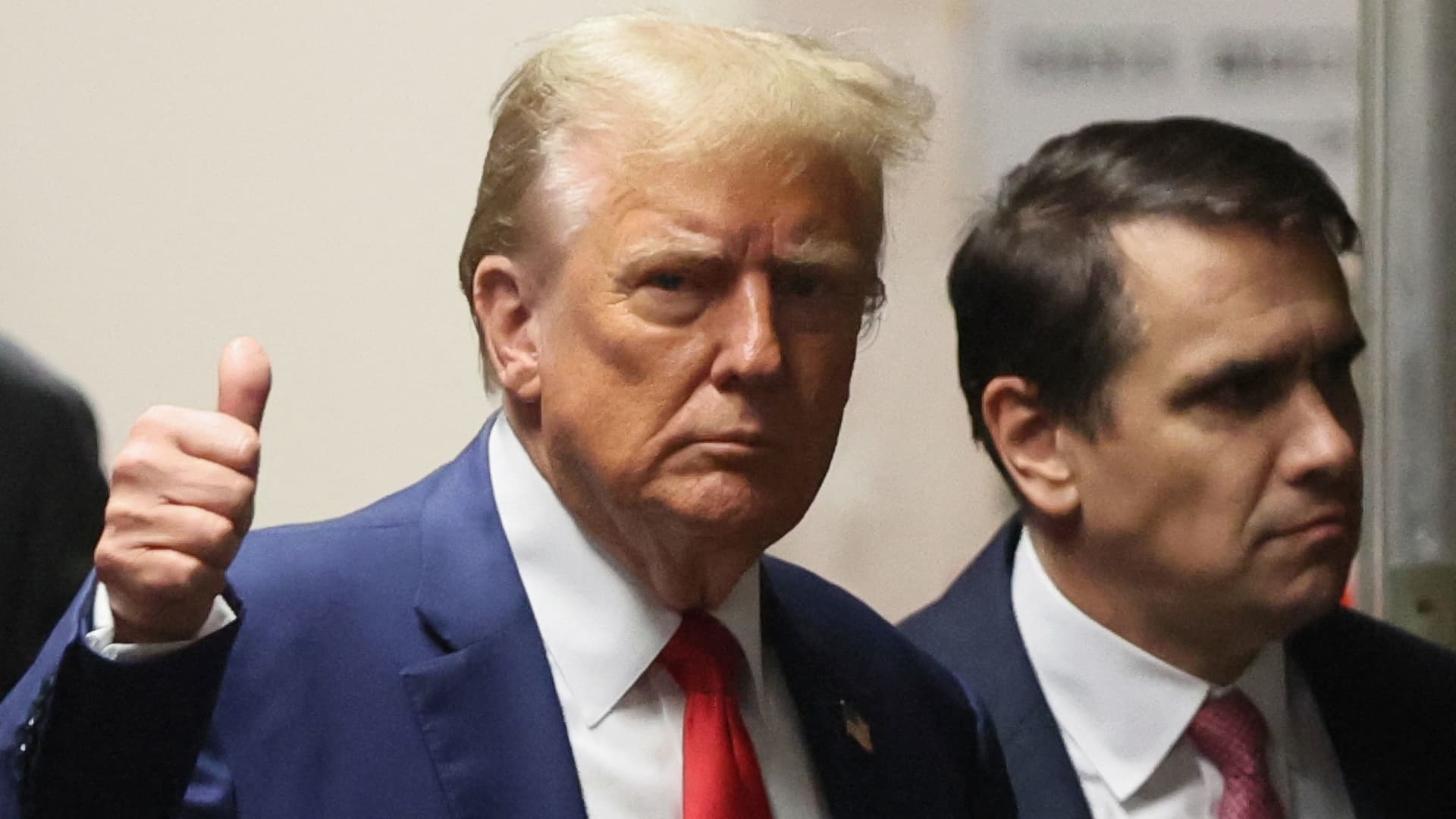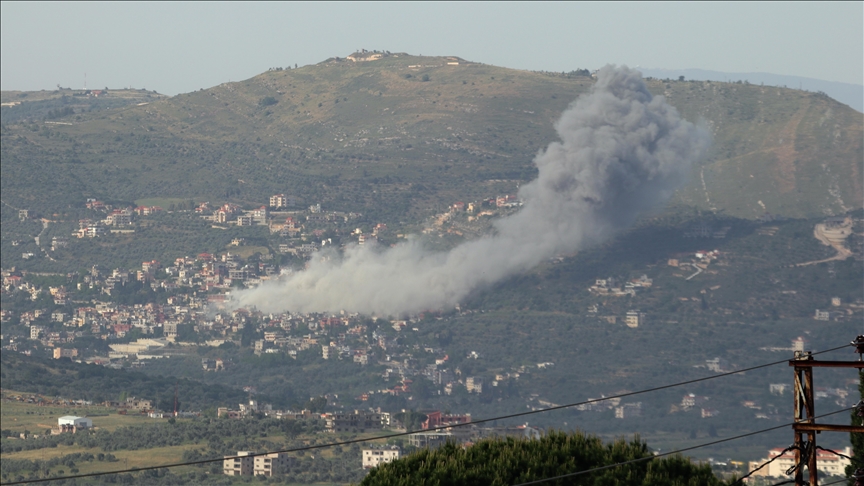Unfound Weapons Put Bush, Blair Political Career At Stake
‘Misled Americans’
U.S. Senator Bob Graham of Florida said that the U.S. administration had duped the American people with reports that it might have inflated its assessment of the threat from Iraq.
"There has been a pattern of deception and unwillingness to share with the Americans from the very beginning of this administration…Even if we should find weapons of mass destruction, that won’t disguise the fact that they misled the American people," he said.
"Don’t you think the American people should have known that before we went to war?" he asked indignantly.
Graham said the White House still had not told Americans how much it was going to cost to occupy Iraq, to try to stabilize and rebuild it, and how many American lives were going to be lost in that process.
He said the charge was justified because the administration did not tell Americans about "the level of uncertainty" contained in intelligence reports it used to justify the invasion.
Representative Dennis Kucinich, who has opposed the war from the start, called on fellow Democrats to challenge Bush on the weapons issue.
"First of all, because they lied to the American people, they’ve misrepresented the cause of war in Iraq," he said. "We need the stand in and demand that they provide proof, and demand that they come to an accounting, and demand that they come clean."
Another Watergate
Former Vermont governor Howard Dean compared the present situation to the Watergate scandal, which broke out over charges of Republican political spying against Democrats and brought down president Richard Nixon in 1974.
"I never thought that in my lifetime I would hear this question again," Dean said. "But the American people are now faced with this question that we heard almost 30 years ago: ‘What did the president know and when did he know it?’"
Another presidential contender, former Illinois senator Carol Moseley Braun, called the Iraq war a "misadventure" that is distracting the government from the need to fight al-Qaeda and address domestic needs.
"We’re going to be spending billions and billions and billions of dollars to rebuild Baghdad when our cities are crumbling, when our schools are falling apart, when the American people are terrified," she said.
Suppressed Report
Meanwhile, British MPs said Sunday that Blair and his strategy and communications adviser Alastair Campbell should be forced to appear before a parliamentary committee to explain why an intelligence dossier produced in March last year on Iraq was shelved, the Independent reported Monday, June 9.
The six-page report, from the Joint Intelligence Committee staff, said there was no evidence Saddam posed a significantly greater threat than in 1991.
It was written in the same month Campbell told journalists in America the Government would produce evidence within two weeks proving Saddam was building WMDs.
The report was delayed, but six months later Blair said Saddam was continuing to produce chemical and biological weapons.
Campbell admitted Sunday that the U.K.-drafted second dossier on Iraq’s alleged weapons had been embellished to justify war.
He wrote a personal letter apologizing to Sir Richard Dearlove, the chief of the Secret Intelligence Service, for discrediting the service with the release to journalists last January of the "dodgy dossier."
The dossier "had not met the required standards of accuracy", he said.
David Blunkett, the Home Secretary, told BBC1’s Politics Show that he thought the dossier was "just an honest appraisal by Alastair Campbell."
"I think it would be better if we hadn’t published that dossier because it was about the background to Iraq; it wasn’t about the identification of weapons of mass destruction."
Clare Short, an outgoing British minister who resigned over Iraq war, said on June 1 that British Prime Minister Tony Blair had duped the public over the threat posed by the ousted Iraqi regime in order to ensure the invasion.



